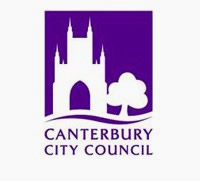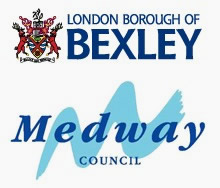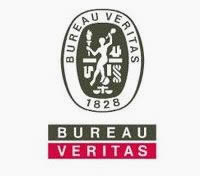Alcohol and Blood Pressure
02/02/2010
Drinking heavily over a long period of time can lead to a rise in blood pressure, which can be unhealthy. Too much alcohol can also make people put weight on because of the calories that it contains. Being overweight is a known cause of high blood pressure.
To avoid alcohol causing your blood pressure to rise you should not drink any alcohol or only drink within the unit limits recommended by the Government. Currently, the Government recommends that women shouldn’t drink more than 14 units and men shouldn’t drink more than 21 units in one week. Further, these should be spread over the week with a maximum of two/three units per day for women and four for men.
As a guide, a single spirit measure is about one unit of alcohol, whilst a pint of normal strength beer is two. A pint of strong beer or a large glass of wine represents three units.
Even if you stay within your recommended unit limits, you should still be aware of drinking and your blood pressure. Try drinking lower strength drinks where possible and try alcohol-free beers and wines. Look at the labels when you buy alcohol to drink at home. Many companies now make it clear on the bottle how many units are in the drink.
When you drink spirits, always add mixer and drink slowly. Lemonade and soda water can also make beer and wine into a longer drink.
Don’t drink on an empty stomach. Have a good meal before you go out and/or have some food whilst you’re drinking. Try not to eat salty bar snacks like crisps and nuts. They can make you want to drink more. Salt can also cause raised blood pressure.
When you have drinks in the house, watch your measures and how much you’re drinking. It’s easier to over-indulge.

























